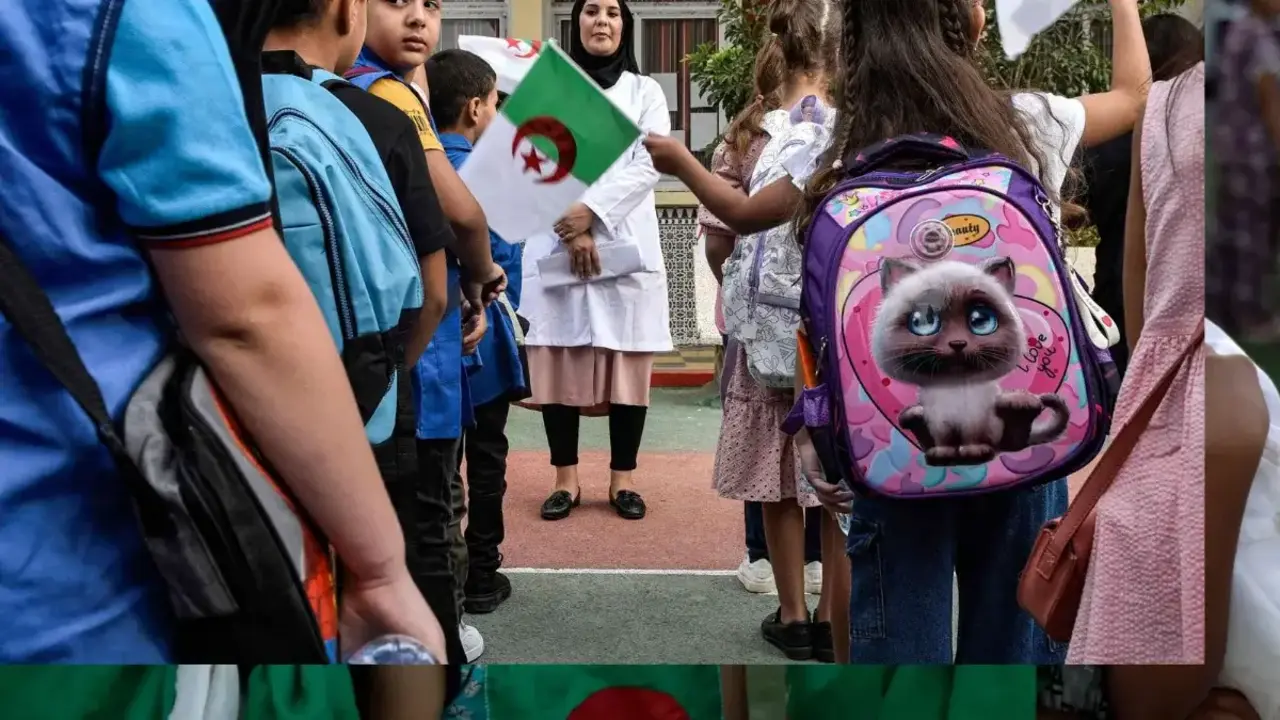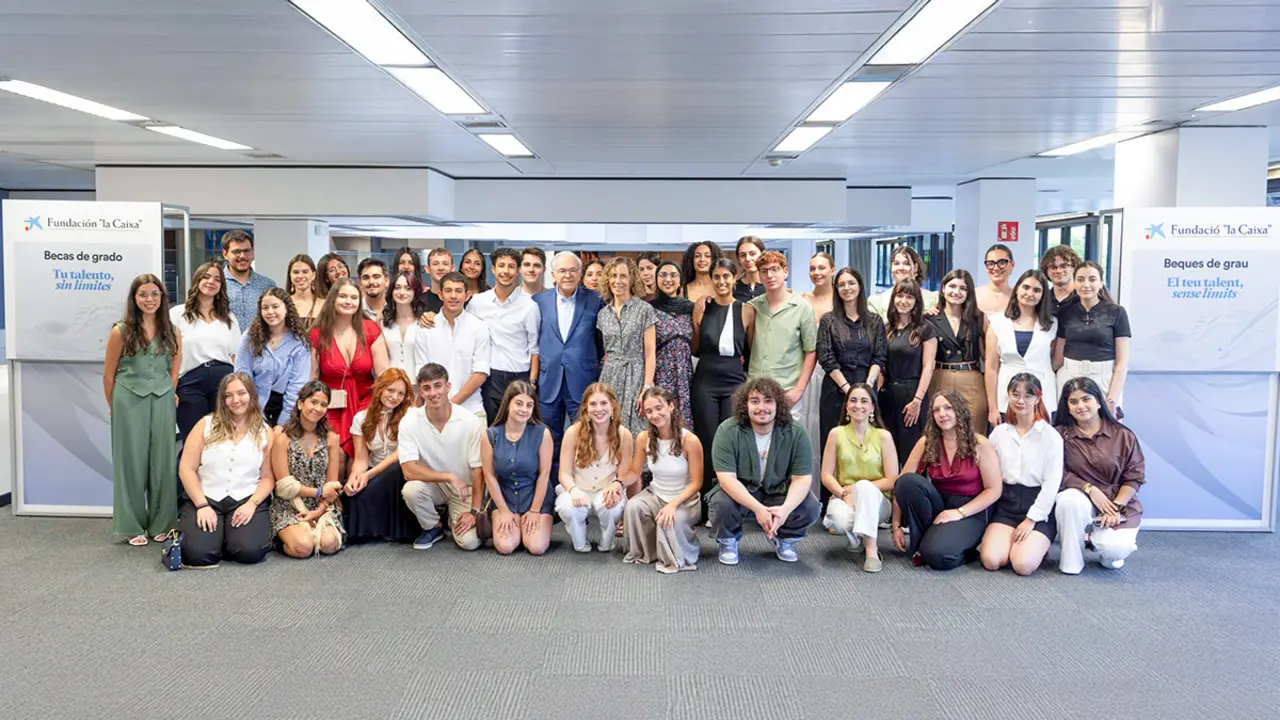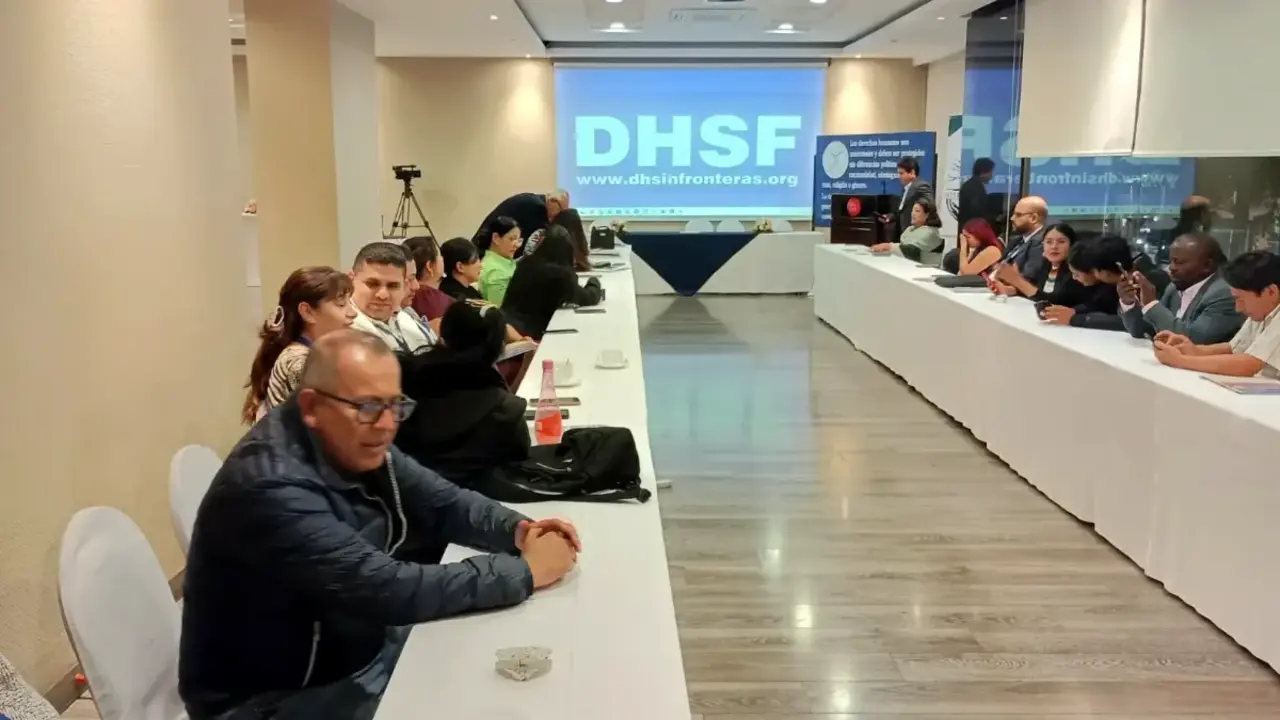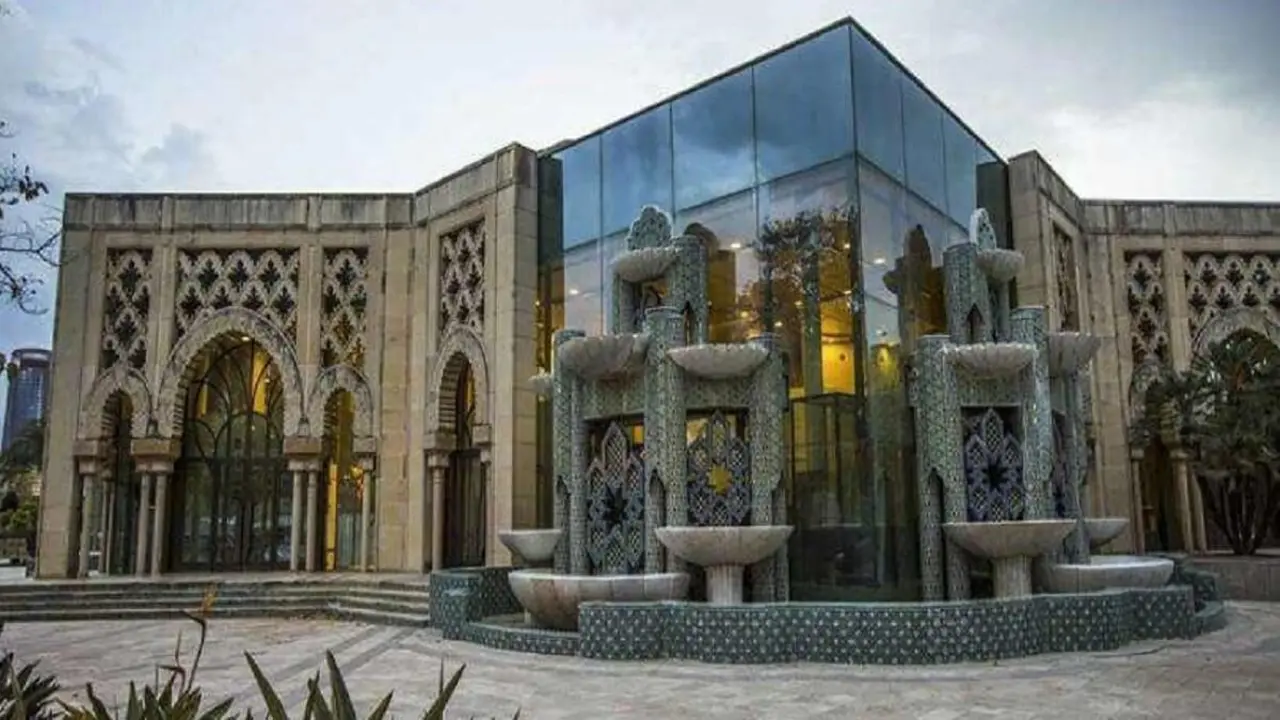Aumenta la propagación del coronavirus en África y se duplican los contagios en las últimas semanas

Africa was the last continent where the coronavirus entered, but there are virtually no places left on the continent where the pandemic has not occurred since Egypt reported its first diagnosed case, although the number of people affected has not yet exploded as in other areas of the world.
The virus has mainly passed from Europe to America in recent times and the African continent, with 1.2 billion inhabitants, is not at present one of the worst hit by the COVID-19 disease, which has already left hundreds of thousands of deaths and millions of victims around the world. Although the World Health Organization (WHO) has already warned about the "worrying upward trend" that is occurring in this area; and, in addition, various experts estimate that, if the pandemic is not controlled, up to 190,000 people could die on the continent, and up to 44 million could become infected.
Although the virus has entered the African continent later and has taken longer to spread, the pandemic has accelerated in recent weeks from 100,000 people infected to 200,000, according to official statistics. In other words, the number of cases of coronavirus plague has doubled in recent weeks, all in an area where there are fewer medical resources to deal with the problem. According to the WHO, what has happened is that the virus has entered African capitals through people from Europe. There is now concern that the virus will enter rural areas, with less infrastructure and less capacity to deal with the health crisis. The countries most infected are South Africa, which has resumed classes and much of its activity; followed by Egypt, which has announced the opening of borders on 1 July for international tourism, but only in coastal areas of the Mediterranean and the Red Sea.

In this regard, the United Nations Economic Commission for Africa (UNECA) points out that more than 300,000 Africans could die from COVID-19, in a continent where 56% of the urban population is concentrated in slums or informal housing and only 34% of households have access to basic hand-washing facilities. In addition, the food crisis in one of the continents most affected by poverty could double, as warned by the United Nations Food and Agriculture Organization (FAO) and the World Food Programme.
Against this background, Morocco has become a key player in the fight against the coronavirus in Africa. It is deploying a major campaign in support of its continental neighbours, including the recent dispatch of some twenty planes from Morocco's Casablanca airport to Senegal, Mauritania, Swaziland and Zambia. In the holds of these aircrafts were included 8 million masks, 900,000 protective screens, 30,000 liters of disinfectant gel, 600,000 surgical caps, 60,000 gowns and thousands of boxes of medicines to support these nations in their fight against the COVID-19 and to help medical personnel who are on the front line of the battle against the coronavirus. The material has been manufactured entirely in Morocco following WHO recommendations and the countries benefiting in total from Moroccan humanitarian activity are Burkina Faso, Cameroon, Comoros, Congo, Democratic Republic of Congo, Guinea, Guinea-Bissau, Malawi, Mauritania, Niger, Senegal, Tanzania, Chad and Zambia.
Fouad Yazourh, director general of the Moroccan Ministry of Foreign Affairs, referred to this initiative of the Alaouite kingdom and the importance of continental cooperation, in the words of RTVE: "Morocco is part of Africa and continuity of Africa and Africa is continuity of Morocco as well, our security regarding health or our prosperity cannot be apart from the global security of the whole continent".

This solidarity action is part of the implementation of the initiative launched by King Mohamed VI of Morocco on 13 April 2020, "as a pragmatic and action-oriented approach, aimed at sisterly African countries, which allows an exchange of experiences and good practices and seeks to establish an operational framework to support their efforts in the different phases of the management of the pandemic," the Moroccan Ministry of Foreign Affairs explained through the official news agency MAP.
It should also be noted that Morocco showed its desire to host the African Center for Disease Control and Prevention (CDC), which will be built in the future under the auspices of the African Union.








